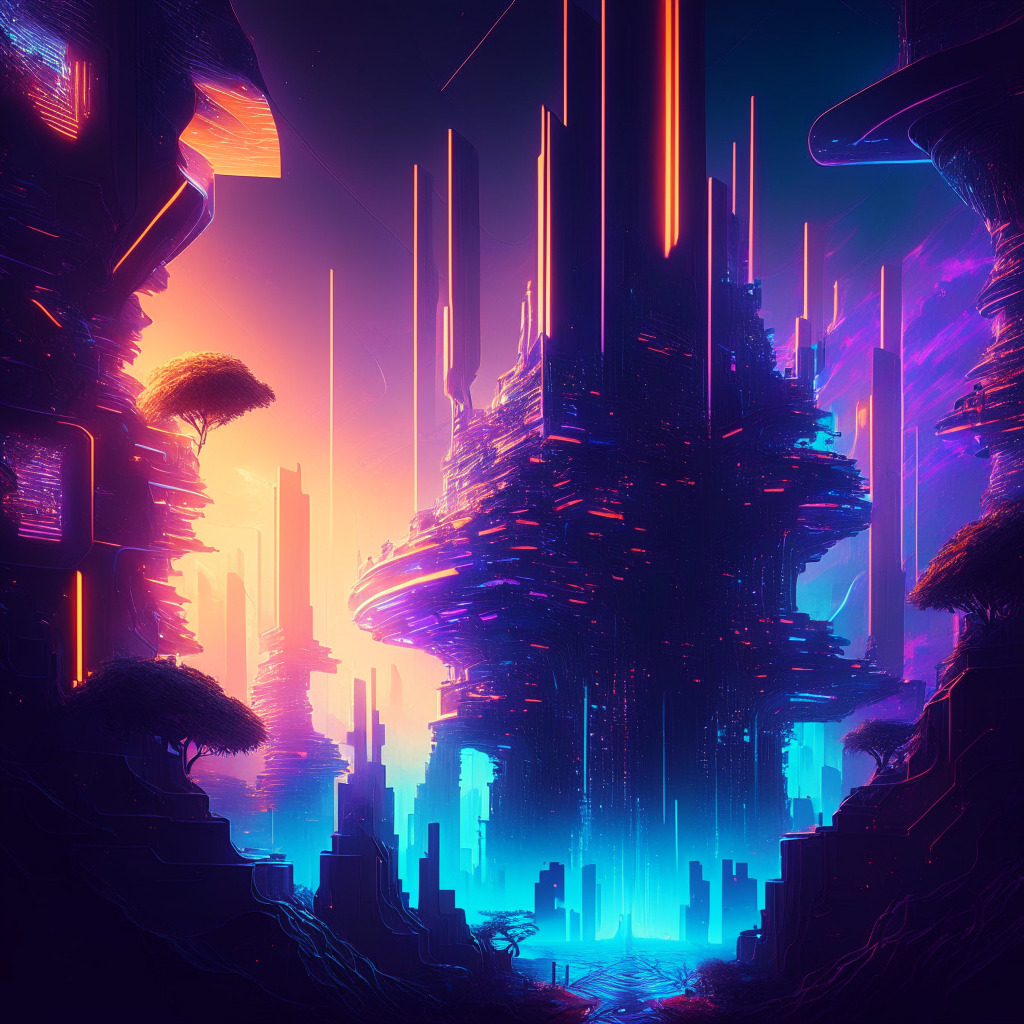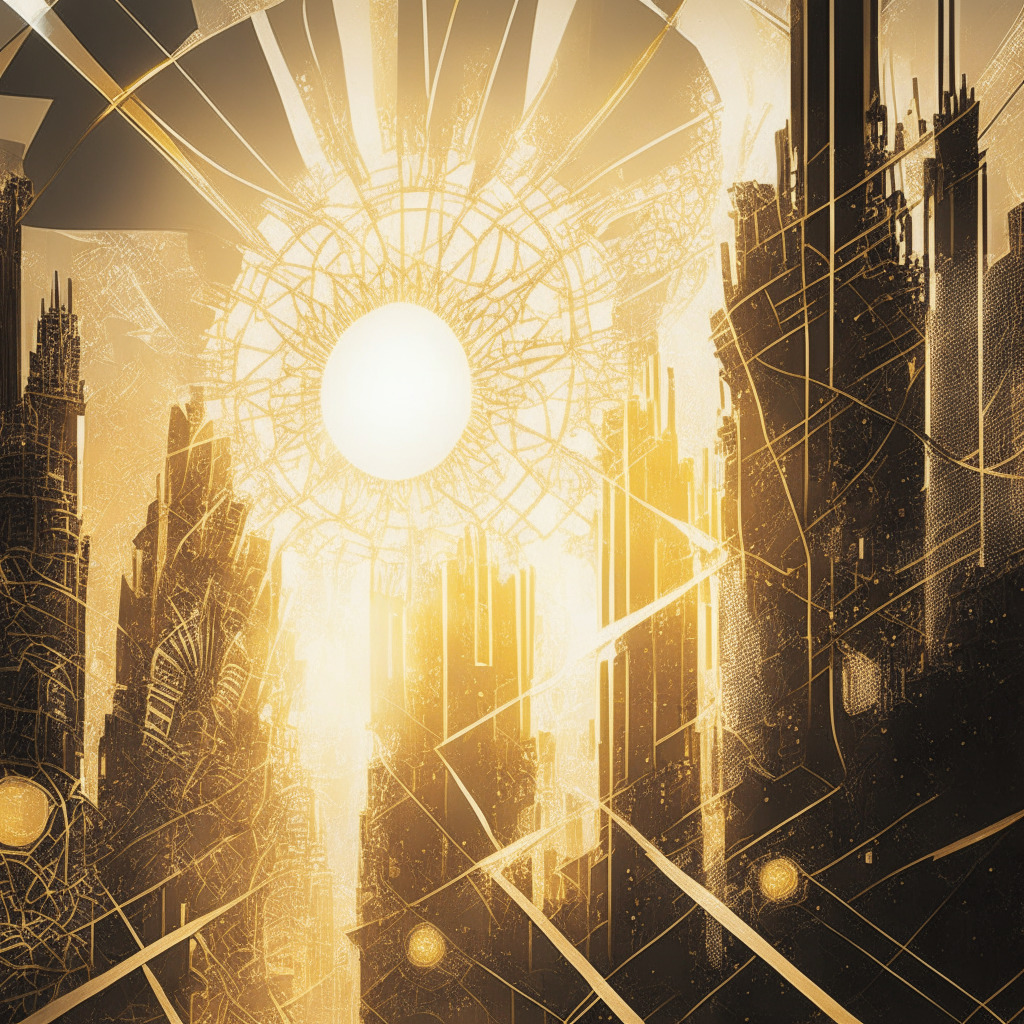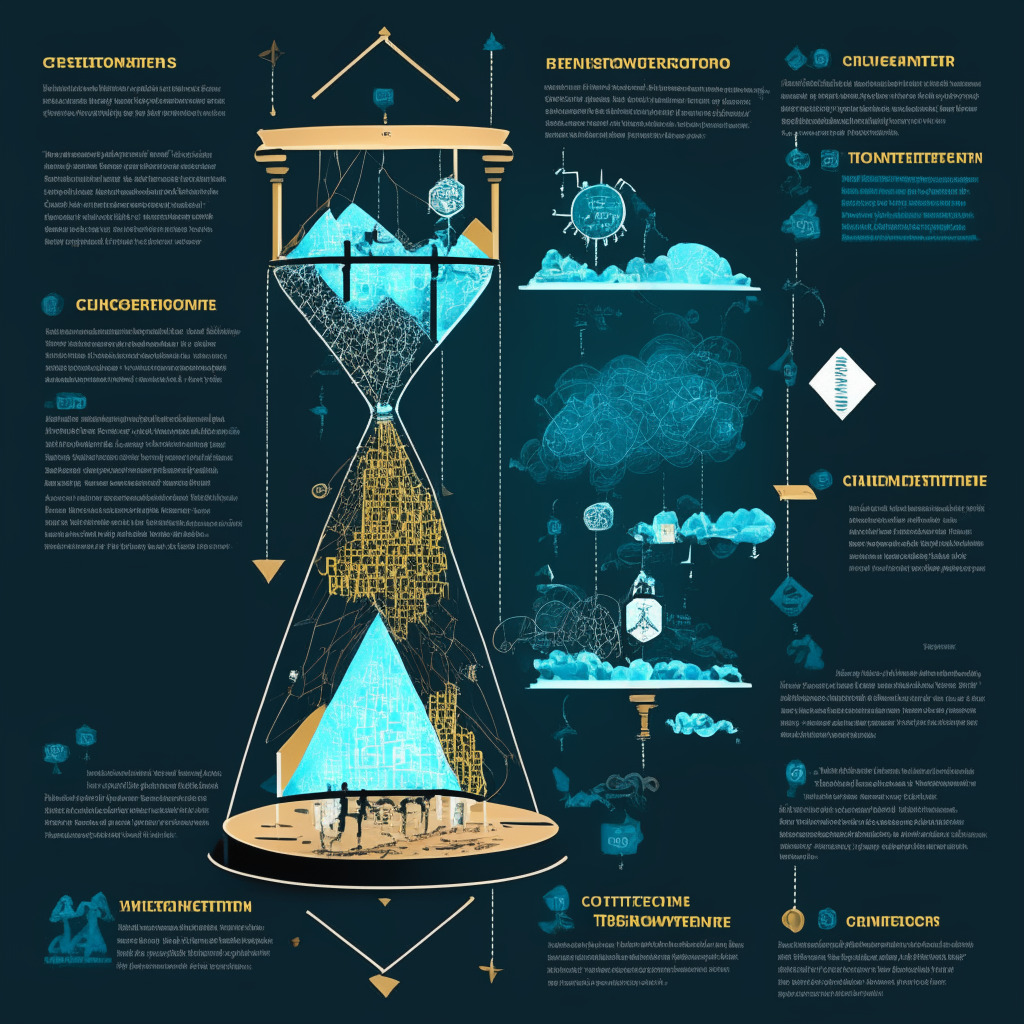The ever-growing world of blockchain technology has seen a surge in interest, especially in areas that were once unimaginable, such as the gaming industry. As we continue to explore the potential of Web3 applications, the rise of blockchain-based gaming has captured the attention of both gamers and developers alike. Among the various blockchain platforms, Solana has emerged as a groundbreaking contender in the gaming space.
In a recent interview with Cointelegraph, Solana Games General Manager Johnny Lee discussed the current state of Solana’s Web3 gaming ecosystem. It’s no secret that Solana has been making waves in the world of blockchain with its high transaction speed and low fees. Lee revealed a surprising number of games being built on the Solana blockchain, a testament to its rapid growth and adoption.
One of the significant pros of building games on the Solana blockchain is its performance capabilities. Solana can process up to 65,000 transactions per second, which easily outpaces other popular blockchain platforms such as Ethereum and Bitcoin. This translates into smoother and more seamless gaming experiences for players. Furthermore, Solana’s infrastructure is highly scalable, providing developers ample room to create complex and intricate applications without worrying about network bottlenecks.
However, despite these impressive features, some might argue that Solana is not entirely perfect for gaming applications. For instance, Solana’s consensus algorithm, Proof of History (PoH), has been a subject of skepticism. Critics claim that PoH is still relatively untested when compared to the more prevalent Proof of Work and Proof of Stake algorithms, leaving room for potential vulnerabilities or scalability issues in the long run.
Additionally, Solana’s security measures have also been in question. In September 2021, the network experienced a 17-hour outage due to a flood of malicious transactions, causing a temporary freeze on delegated stake accounts. Such incidents might deter developers from building games on Solana, as they could potentially undermine user confidence in the platform.
On the flip side, Solana has been actively working to mitigate these concerns and improve its infrastructure. With the support of a strong developer community and high-profile partnerships, Solana has shown its commitment to emerging as a viable contender in the blockchain gaming industry. Furthermore, the platform has attracted numerous high-quality projects and significant investments, with the Solana Foundation announcing a $20 million fund for Web3 gaming in partnership with Forte.
In conclusion, the growth and adoption of Solana for gaming applications indicate that blockchain technology’s potential in this area is indeed promising. While certain challenges and concerns need to be addressed, it is unquestionable that Solana has laid the groundwork for a highly receptive and eager market in the gaming space. As we continue to monitor the development of blockchain-based gaming applications, it will be interesting to see how Solana and other platforms navigate this new frontier, shaping the future of gaming and creating a truly decentralized digital entertainment ecosystem for all.
Source: Decrypt




